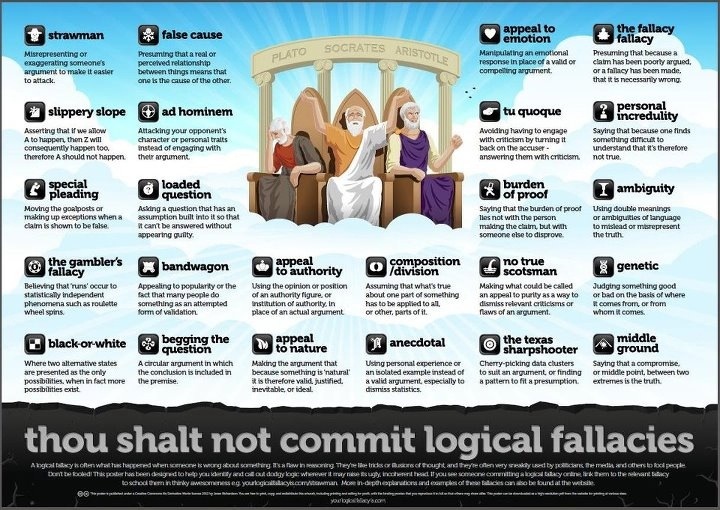Believing that life is fair might make you a terrible person, Oliver Burkeman, The Guardian, February 3, 2015
If you’ve been following the news recently, you know that human beings are terrible and everything is appalling. Yet the sheer range of ways we find to sabotage our efforts to make the world a better place continues to astonish. Did you know, for example, that last week’s commemorations of the liberation of Auschwitz may have marginally increased the prevalence of antisemitism in the modern world, despite being partly intended as a warning against its consequences? Or that reading about the eye-popping state of economic inequality could make you less likely to support politicians who want to do something about it?
These are among numerous unsettling implications of the “just-world hypothesis”, a psychological bias explored in a new essay by Nicholas Hune-Brown at Hazlitt. The world, obviously, is a manifestly unjust place: people are always meeting fates they didn’t deserve, or not receiving rewards they did deserve for hard work or virtuous behaviour. Yet several decades of research have established that our need to believe otherwise runs deep. Faced with evidence of injustice, we’ll certainly try to alleviate it if we can – but, if we feel powerless to make things right, we’ll do the next best thing, psychologically speaking: we’ll convince ourselves that the world isn’t so unjust after all.
Hence the finding, in a 2009 study, that Holocaust memorials can increase antisemitism. Confronted with an atrocity they otherwise can’t explain, people become slightly more likely, on average, to believe that the victims must have brought it on themselves.
Lunging towards lunacy. What has happened to conservatism? Rudolph Bush, Dallas Morning News, February 3, 2015 Continue reading


